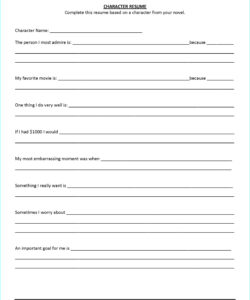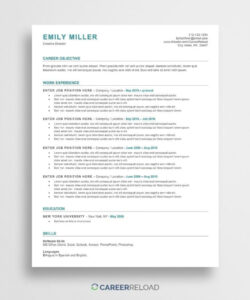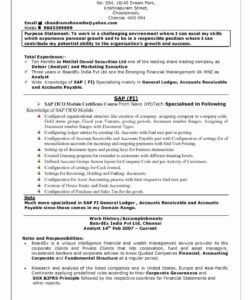Studying abroad is a unique experience that can help you stand out from other candidates when applying for a job. It shows that you are open-minded, independent, and have a global perspective. However, it can be challenging to know how to include study abroad experience on your resume. In this article, we will discuss the importance of including your study abroad experience on your resume and share ways to include it.
Studying abroad can be a life-changing experience that can help you develop new skills, gain a sense of independence, and make connections with people of different backgrounds. These life experiences can be useful when applying for a job. Here are some important reasons you should include your study abroad experience on your resume:
- Sets you apart from other candidates
- Shows your values
- Shows your skill set
- Explains limited job experience
When applying for a job, hiring managers may review hundreds of applications for one job, and they often seek elements that stand out on a resume. Study abroad experience could be something that captures their attention. Since studying abroad is a unique experience, you can add this detail to your resume to stand out. While abroad, you need to be willing to adapt to new cultures and learn about different world views. Your interest in traveling the world can show employers that you are open-minded and curious about different cultures. People who study abroad learn to accept differences and see how other people navigate the world based on where they live. Study abroad experience shows employers that you are independent enough to learn in new environments, which can translate into being independent at work. It also shows that you are a problem solver with the ability to quickly process new information. When you studied abroad, you likely learned how to collaborate with people whose backgrounds differ from your own, which is useful in many work settings. By including your study abroad experience on your resume, you can help explain your limited job experience.
How to Include Study Abroad Experience on Your Resume
By being thoughtful about how you include your study abroad experience on your resume, you can show employers this experience helped you grow as a professional. Here is how you can include study abroad experience on your resume:
- Think about your time abroad
- Tailor it to the job application
- Include it in your education section
- Include it in your experience section
When deciding what to add to your resume, take a moment to reflect on your time abroad. Think about the skills you developed, the challenges you faced, and the experiences you had. Be selective about what parts of your study abroad experience you include on your resume. Tailor your study abroad experience to the job application. If you are applying for a job that requires international experience, highlight your study abroad experience. If you are applying for a job that requires language skills, highlight your language skills. You can include your study abroad experience in your education section or experience section. If you chose a specific school because it offered a specialized program, list the school and what you studied. If you completed an internship, important research project, volunteer work, or other relevant experience while abroad, include it in your experience section.
FAQs
What is study abroad?
Study abroad is a program that allows students to study in a foreign country while earning academic credit. Students can choose to study abroad for a semester, a year, or a summer program.
Why is study abroad important?
Studying abroad can be a life-changing experience that can help you develop new skills, gain a sense of independence, and make connections with people of different backgrounds. These life experiences can be useful when applying for a job.
How do I include study abroad on my resume?
You can include your study abroad experience in your education section or experience section. If you chose a specific school because it offered a specialized program, list the school and what you studied. If you completed an internship, important research project, volunteer work, or other relevant experience while abroad, include it in your experience section.
What skills do you gain from studying abroad?
Studying abroad can help you develop new skills, such as language skills, cultural awareness, adaptability, problem-solving, and independence. These skills can be useful when applying for a job.
How does study abroad help your career?
Studying abroad can help you stand out from other candidates when applying for a job. It shows that you are open-minded, independent, and have a global perspective. It can also help you develop new skills that can


